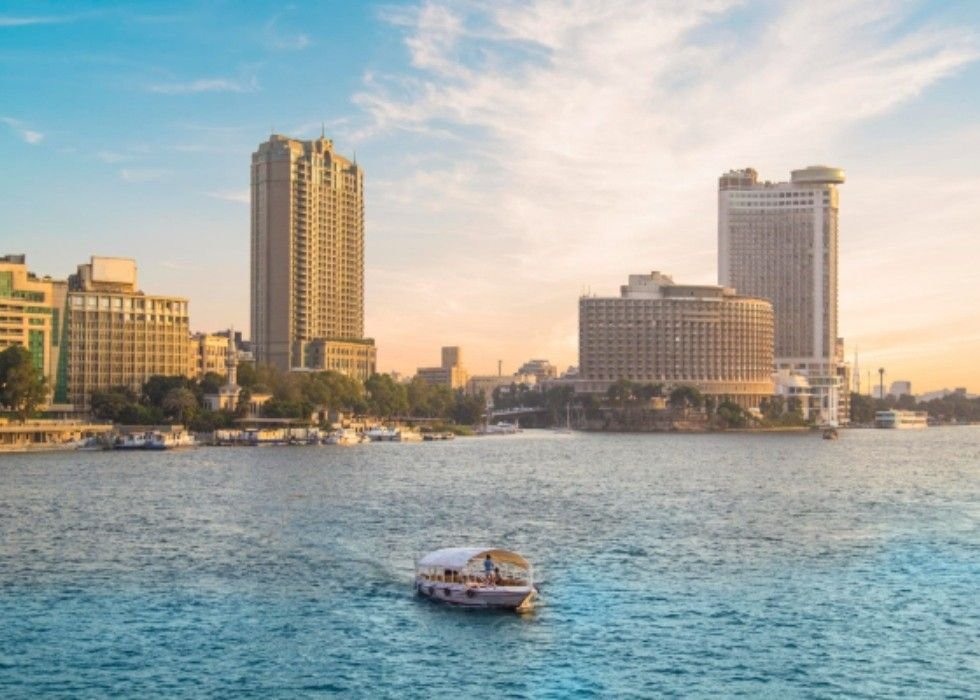Muscat: During its fifth regular session of the second annual session (2024–2025) of the tenth term (2023–2027), the Shura Council referred the Telecommunications and Information Technology Regulation Law to the State Council for further legislative processing.
The session, led by Khalid Hilal Al Ma’awali, Chairman of the Shura Council, was attended by the council members and Ahmed Mohammed Al Nadabi, Secretary-General of the Council.
In accordance with Article 49 of the Oman Council Law, the Shura Council reviewed and approved the government-drafted law within three months before sending it to the State Council for further deliberation.
Dr. Hamoud Ahmed Al Yahyai, Chairman of the Public Services and Utilities Committee, presented the committee’s report on the proposed law, emphasizing its importance in updating Oman’s telecommunications and IT regulatory framework. The law clarifies the roles of the Ministry of Transport, Communications, and Information Technology in policy-making, as well as the Telecommunications Regulatory Authority as the sector’s regulatory body. The aim is to foster a competitive, investment-friendly environment while ensuring high-quality service delivery and consumer protection.
As part of the review process, the committee consulted with representatives from Oman’s telecom companies, government entities, and sector experts to address challenges under the current legal framework.
Discussions also centered on areas of legal divergence, such as penalties and regulatory provisions, led by Dr. Talal Said Al Mahrouqi, Deputy Chairman of the Legal and Legislative Committee. Council members expressed concerns over network coverage, pricing, dominant operators, and internet service quality across Oman’s governorates before voting to approve the law.
Additionally, the Shura Council approved bilateral agreements in the maritime transport and port sectors, including a maritime transport agreement between Oman and South Africa, and a cooperation agreement with Tunisia on maritime transport and port development.
The session also saw the approval of two expressed desires from the Media, Tourism, and Culture Committee. The first desire focused on maximizing economic returns from selected World Heritage-listed archaeological sites through strategic investment, development, and engagement with the private sector, SMEs, and the community in heritage tourism projects. The second desire called for the Ministry of Information to support initiatives to enhance personal communication channels, emphasizing the importance of digital media in public discourse and community engagement. The committee recommended capacity-building programs and media training to help individuals create high-quality content that benefits society.
The session concluded with discussions reaffirming the Shura Council’s dedication to advancing legislative work and contributing to Oman’s economic development, in line with the national vision. The Council will continue its legislative agenda in the upcoming sixth regular sitting.















